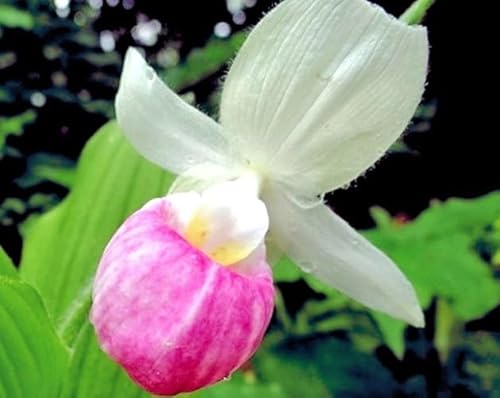I have emailed back for clarification. Lets see what informatiion comes back.
1: How do you determine plants in flask “derived from legal specimens?” Well this sis problematic as in some countries it is not illegal to collect wild plants. I have been told this is the case in China.
2: Does the amount of generations of breeding from a species have any consequence for import to the USA? I suspect not.
3: What certification proves other than the statement on the phytosanitary certificate from an issuing country that the plants in flask are propagated and legal for export?
It would seem that a legal document such as a phytosanitary where the species is clearly declared (for flasks) is a document where country of issue is vouching that the plants contained within are legally propagated.
Or is there some certificate that each and every species of Vietnamese nature is meant to carry to say it or its parent plants were legally exported? This really needs spelling out what certs are needed.
4: If Vietnam was to export seed of a species of concern, would this make plants in flask legal?
At least we have what seems an OK for delenatii, emersonii, malipoense, micranthum, villosum. I have seen some of them for sale in the USA and clearly from newly imported stock in some cases given the clonal names of the plants.
Brett
1: How do you determine plants in flask “derived from legal specimens?” Well this sis problematic as in some countries it is not illegal to collect wild plants. I have been told this is the case in China.
2: Does the amount of generations of breeding from a species have any consequence for import to the USA? I suspect not.
3: What certification proves other than the statement on the phytosanitary certificate from an issuing country that the plants in flask are propagated and legal for export?
It would seem that a legal document such as a phytosanitary where the species is clearly declared (for flasks) is a document where country of issue is vouching that the plants contained within are legally propagated.
Or is there some certificate that each and every species of Vietnamese nature is meant to carry to say it or its parent plants were legally exported? This really needs spelling out what certs are needed.
4: If Vietnam was to export seed of a species of concern, would this make plants in flask legal?
At least we have what seems an OK for delenatii, emersonii, malipoense, micranthum, villosum. I have seen some of them for sale in the USA and clearly from newly imported stock in some cases given the clonal names of the plants.
Brett










































